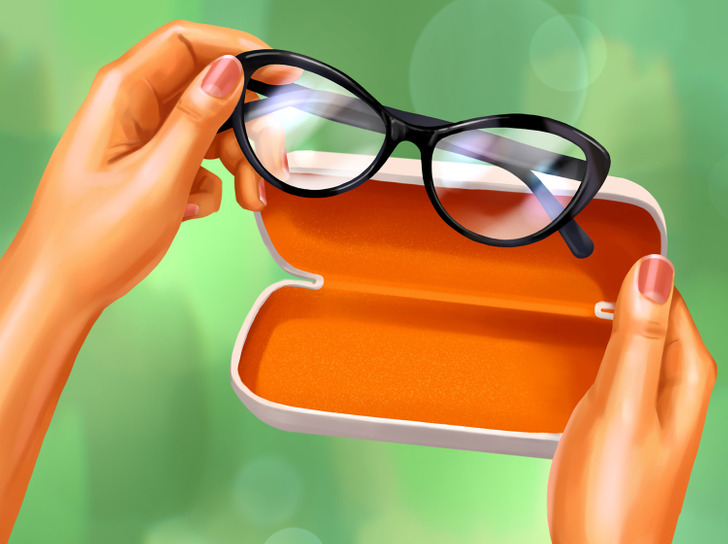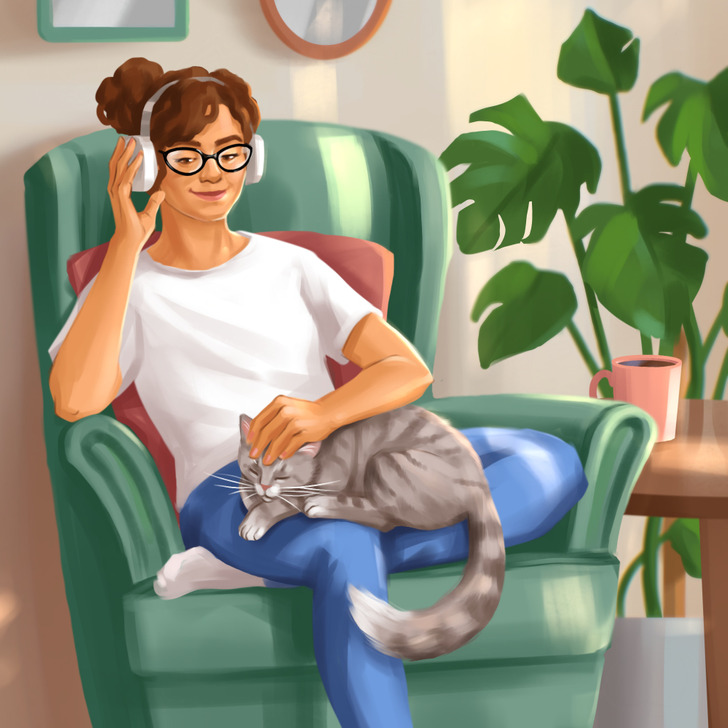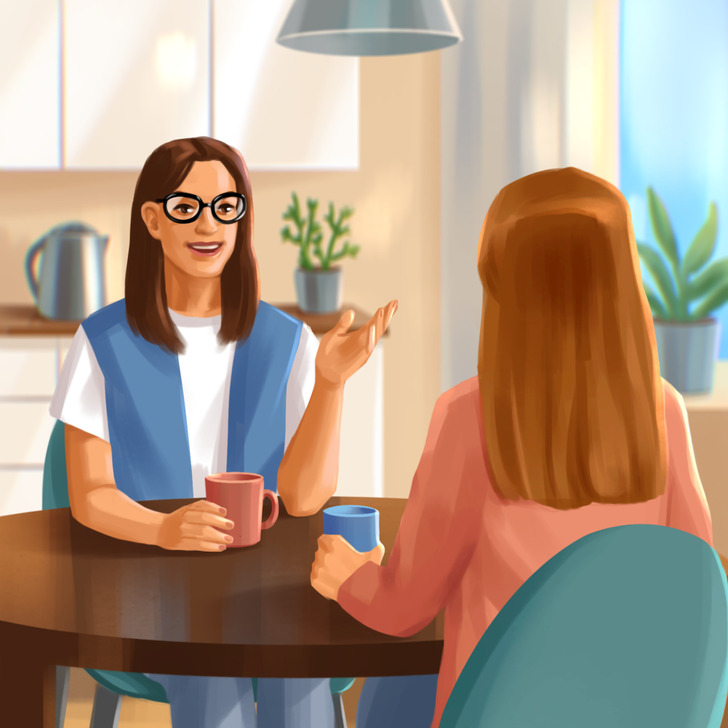How to Get Used to Wearing Glasses

Glasses are not only a stylish accessory but also the only way for some people to see the world in of all its glory. But not everyone knows that when they start wearing glasses, they might have to deal with some difficulties.
5-Minute Crafts is going to tell you how to get used to new glasses if you have to wear them for the first time.
❗This article is for informational purposes only and it can’t replace recommendations of experts. Before doing anything, and if you notice any symptoms, always consult a doctor.
1. Be patient

Glasses change the ordinary image processing your brain knows how to do, so the adaptation is going to take some time. In such conditions, the adjustment might take from several days to 2 weeks. It all depends on the individual features of your body. Remember that speed doesn’t matter here. If you want wearing glasses to be comfortable, give your eyes and your brain time to adjust.
2. Control the time you wear glasses

At the beginning, you might have some discomfort: headaches, nausea, pain in the eyes, distortion of shapes and distances. It’s normal. In order to get used to new glasses, you have to make the process gradual. Start from 1 hour and increase the time until wearing glasses is comfortable 24/7.
3. Put the glasses on in the morning

At first, wearing glasses might cause a serious headache. No matter how bad the discomfort is, the best way to adjust is to wear them. It’s better to do it in the morning when your eyes are not tired yet.
4. Don’t overstrain your eyes in glasses with complex tasks

Cut down on the time you use the computer or your phone and forget about your favorite books for some time. They can’t cause harm for the eyes but the muscle strain will cause a discomfort. What to do instead? Find the audio version of the book you are reading or prerape a list of podcasts you wanted to listen to.
5. Ask your close people for support

When you are getting used to new glasses, it might seem that the only thing you can do is sit on the couch motionless. Ask your friends and family to support you and be nearby. They can help you deal with some difficulties and entertain you with conversation.
6. Increase the strain gradually
Start with simple everyday tasks and make them more and more complicated day by day. Don’t do a big cleaning with a lot of exercise. Do the dishes today, dust tomorrow. This system will make the adaptation period much more comfortable.
7. Plan your first trip outside with someone else

Make sure the first time you go outside is with someone else. It’s necessary in case you feel bad. Your friend will help you get home if it happens.
Also, remember that glasses distort peripheral vision. So, turn your entire head to see the sides instead of moving just your eyes. It’s especially important when you are crossing the street.